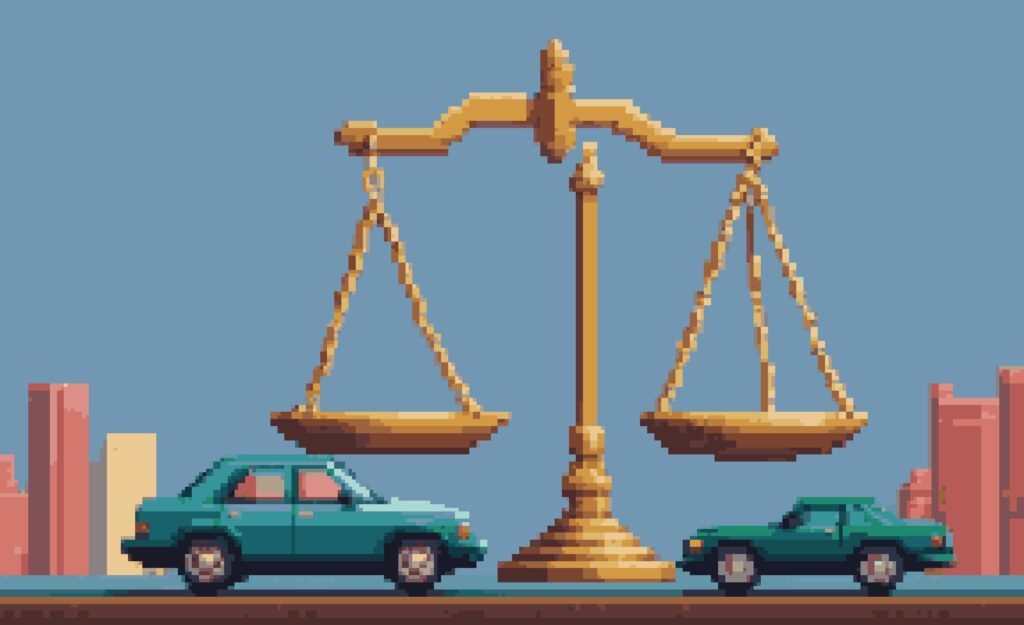
In the unfortunate event you’ve been catastrophically injured in Texas, understanding the legal labyrinth of the burden of proof is crucial. But fear not, because unlike a labyrinthine criminal case, securing compensation for your injuries in a civil lawsuit hinges on a less onerous standard. San Antonio personal injury attorney Ryan Orsatti breaks it down for you.
The Battlefield Dictates the Weaponry: The burden of proof is a double-edged sword that cuts differently depending on your objective. Are you seeking vindictive justice through criminal charges (e.g., drunk driving) or restorative justice through a civil lawsuit for damages (personal injury)?
Civil Cases: A Preponderance of the Evidence
In personal injury cases, you (the plaintiff) must prove your case by a “preponderance of the evidence.” This means it’s more likely than not that the negligent actions of the defendant caused your injuries. Think of it as tipping the scales in your favor.
Criminal Cases: Beyond a Shadow of a Doubt The burden of proof in criminal cases is a much steeper mountain to climb. The prosecutor must prove the defendant’s guilt “beyond a reasonable doubt,” a standard so high it leaves no wiggle room for doubt.
Your Advantage as a Personal Injury Victim As a personal injury victim in Texas, you benefit from a lower burden of proof compared to criminal cases. This strengthens your position to win your civil lawsuit and recover compensation for medical bills, lost wages, and the intangible pain and suffering you’ve endured.
Texas Personal Injury Attorney Ryan Orsatti: Your Steadfast Champion Feeling overwhelmed by the legal complexities? Attorney Ryan Orsatti is a beacon of clarity, expertly navigating the burden of proof in Texas personal injury cases. Schedule a free consultation today to discuss your situation and explore your options for securing the compensation you deserve.
Remember: This blog post is for informational purposes only and does not constitute legal advice.
Sources:
- Texas Courts: https://www.txcourts.gov/
- American Bar Association: https://www.americanbar.org/

